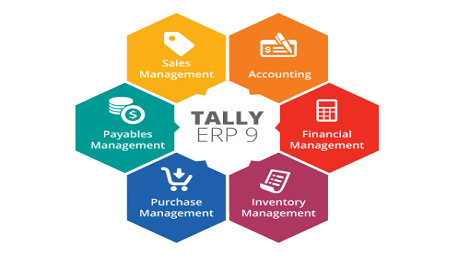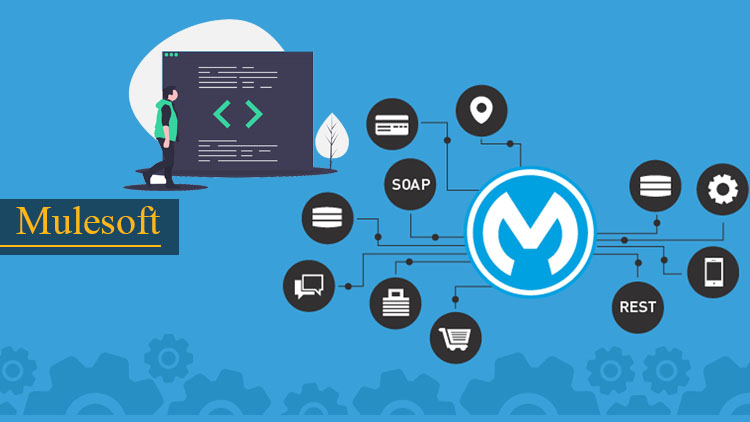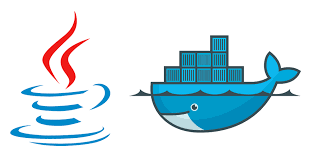Navigating the Data-Driven World
In today’s digital age, data is more than just numbers and statistics; it’s a valuable asset that drives business decisions, innovation, and technology. Tech enthusiasts, data professionals, and career switchers are increasingly drawn to data-focused roles such as data scientists, data analysts, and data engineers. But what do these positions entail, and how do they differ? This blog post aims to unravel the fundamentals of each role, provide insights into career paths, and offer guidance for those looking to transition into the data world.
Understanding the Distinctions
Data Scientist
Data scientists are the explorers of the data universe. Their primary responsibility is to extract insights from complex data using advanced techniques. Equipped with statistical expertise, they build predictive models and algorithms that help businesses forecast trends and make informed decisions. A data scientist must have a solid foundation in mathematics, programming, and machine learning.
To become a data scientist, individuals typically need a degree in computer science, statistics, or a related field. Key skills include proficiency in programming languages like Python and R, knowledge of machine learning frameworks, and experience with data visualization tools. Critical thinking and problem-solving abilities are also essential, as data scientists often tackle unstructured data challenges.
Data Analyst
Data analysts are the storytellers of the data realm. They focus on interpreting data and transforming it into actionable insights through visualizations and reports. Their work often involves cleaning and organizing data to identify patterns that support business strategies. The role requires strong analytical skills and attention to detail.
A typical day for a data analyst might involve using SQL to query databases, employing Excel for data manipulation, and utilizing software like Tableau or Power BI for visualization. Educational backgrounds in economics, business, or mathematics are common for data analysts. Core skills include data cleaning, statistical analysis, and excellent communication to convey insights effectively.
Data Engineer
Data engineers are the architects of the data infrastructure. They design, build, and maintain the systems that allow data to be accessed and analyzed efficiently. Their focus lies in creating scalable data architectures and pipelines, ensuring data quality and availability for analysis.
To succeed as a data engineer, technical expertise in database management, ETL (extract, transform, load) processes, and cloud platforms like AWS or Azure is crucial. A background in computer engineering or information technology is often necessary. Data engineers need to be proficient in programming languages like SQL, Java, or Scala, and have a deep understanding of big data technologies such as Hadoop or Spark.
Comparing the Roles
While data scientists, analysts, and engineers all work with data, their roles are distinct in terms of responsibilities and skills. Data scientists focus on prediction and modeling, analysts on interpretation and reporting, and engineers on infrastructure and data flow management. Educational backgrounds may overlap, but the skill sets required for each role are unique.
For example, a data scientist at a retail company might develop a model to predict customer buying behavior, while a data analyst could interpret sales data to identify trends. Meanwhile, a data engineer would ensure that the data collected from various sources is clean, organized, and accessible for analysis.
Real-life case studies highlight these distinctions. At an e-commerce giant, data scientists create recommendation engines, data analysts provide insights on monthly sales reports, and data engineers optimize the data infrastructure to handle large volumes of transaction data efficiently.
Career Paths and Growth Potential
The demand for data professionals is booming, with each role offering unique career trajectories. Data scientists often progress to senior roles, leading data science teams or taking on strategic positions such as Chief Data Officer. Their expertise in machine learning and AI opens doors to innovation-driven companies, with competitive salary packages reflecting their advanced skill set.
Data analysts can move into specialized roles like business intelligence analyst or data analytics manager. Their ability to transform data into actionable insights is highly valued across industries, offering steady career growth and opportunities for advancement.
Data engineers also enjoy promising career paths, advancing to roles such as data architect or big data engineer. Their technical prowess in building robust data systems is crucial for companies relying on data-driven operations, ensuring high demand and attractive compensation.
How to Transition or Enter the Field
For aspiring data professionals, several educational paths and certifications can pave the way. Online courses and bootcamps in data science, analytics, or engineering provide flexible learning options. Certifications from platforms like Coursera, edX, or Google Cloud can enhance your credibility and skillset.
Building relevant experience is key. Engage in personal projects, participate in hackathons, or contribute to open-source projects to showcase your skills. Networking with industry professionals and seeking mentorship can also provide invaluable guidance.
Conclusion
Choosing between a data scientist, data analyst, or data engineer role depends on your skills, interests, and career goals. Each path offers exciting opportunities in the fast-paced world of data, with potential for growth and innovation. Whether you’re transitioning from another career or starting fresh, the data field welcomes passionate individuals ready to make an impact.
Ready to take the plunge into data? Join our community of tech enthusiasts and career switchers to explore more about data careers. Stay curious, keep learning, and discover the endless possibilities that data has to offer!
























